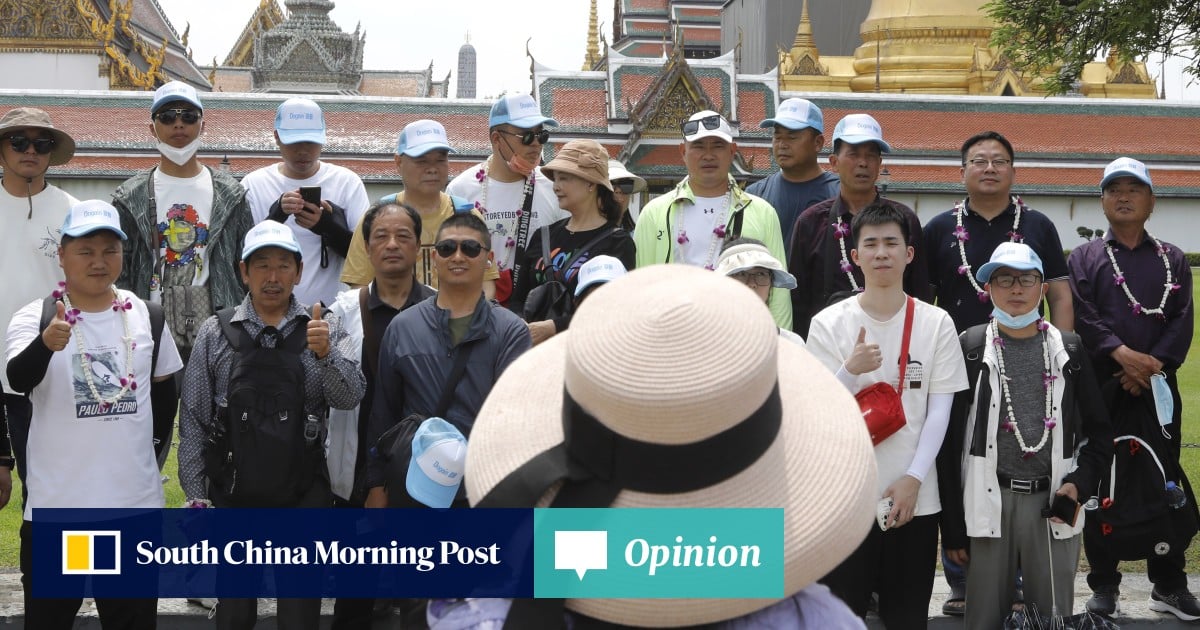The numbers are still 60 per cent or more down on 2019, but the increasing regularity of flights from China has been adding to a better-than-forecast rebound in overall visitor numbers.
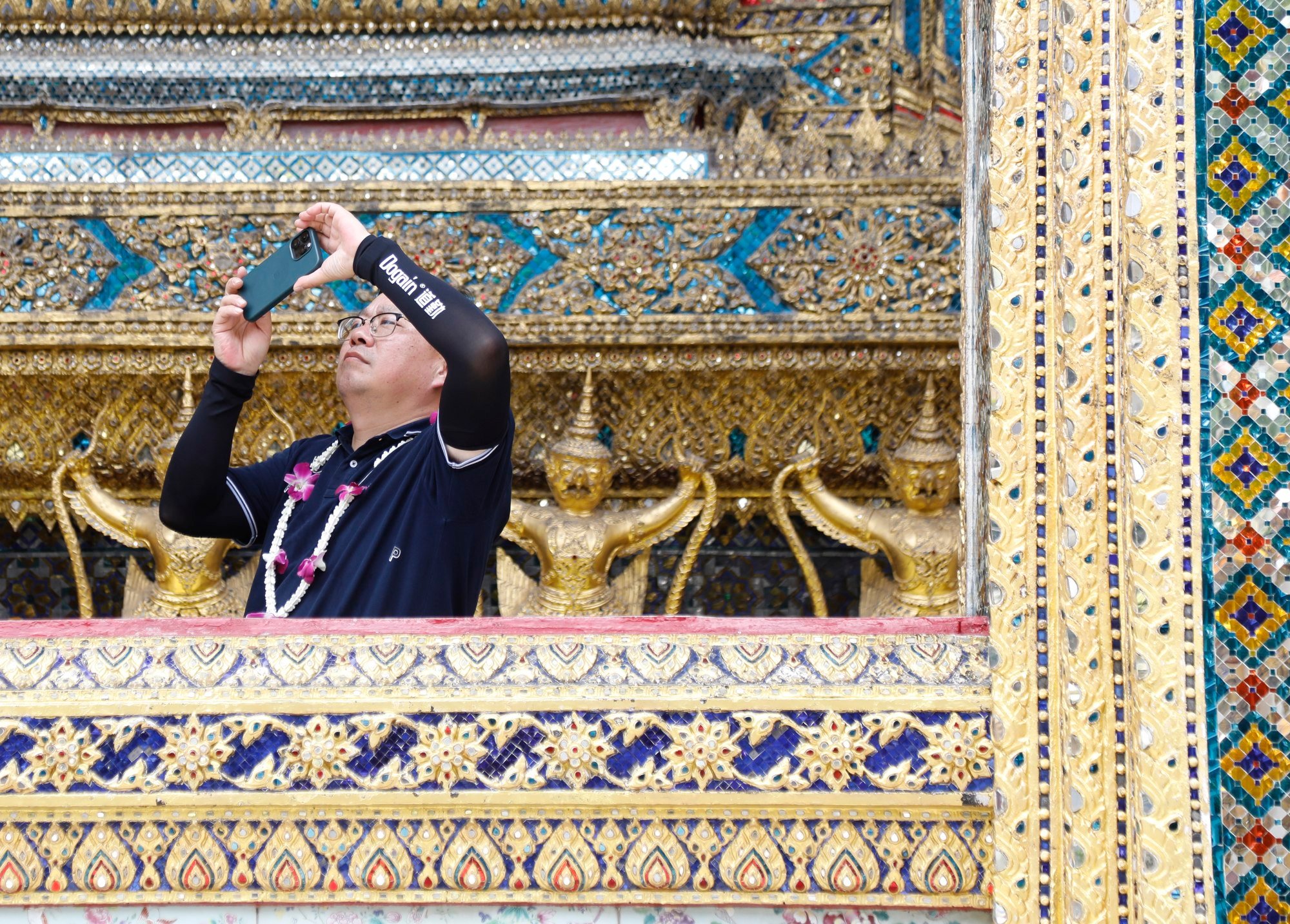
Thailand beat its target for the first quarter, and has welcomed 9.47 million foreign tourists so far this year (as of May 20), generating about 391 billion baht (HK$88.5 billion/US$11 billion) of revenue, according to Bloomberg.
Japan, on the other hand, is struggling to reignite a relationship that saw nearly 10 million visitors (30 per cent of the total) arrive from China in 2019.
Things to do in Panglao, in the Philippines: dream beaches, vivid marine life
Things to do in Panglao, in the Philippines: dream beaches, vivid marine life
The appeal of Tokyo, Osaka and Okinawa may still be as strong as it was pre-Covid, but Japan is not among the 60 countries Beijing deems worthy of its tourists.
Not having Approved Destination Status (ADS) is a major stumbling block for nations awaiting the return of the Chinese. Those without an ADS agreement are not allowed to receive Chinese tour groups or promote their destination in China for tourism.
Post-pandemic, Beijing has published two lists of countries it deems suitable for its citizens to visit.
Thailand was on the first, released on February 6 and including 20 countries. Indonesia, Sri Lanka, New Zealand and Singapore were also on that list, as were Russia and South Africa.
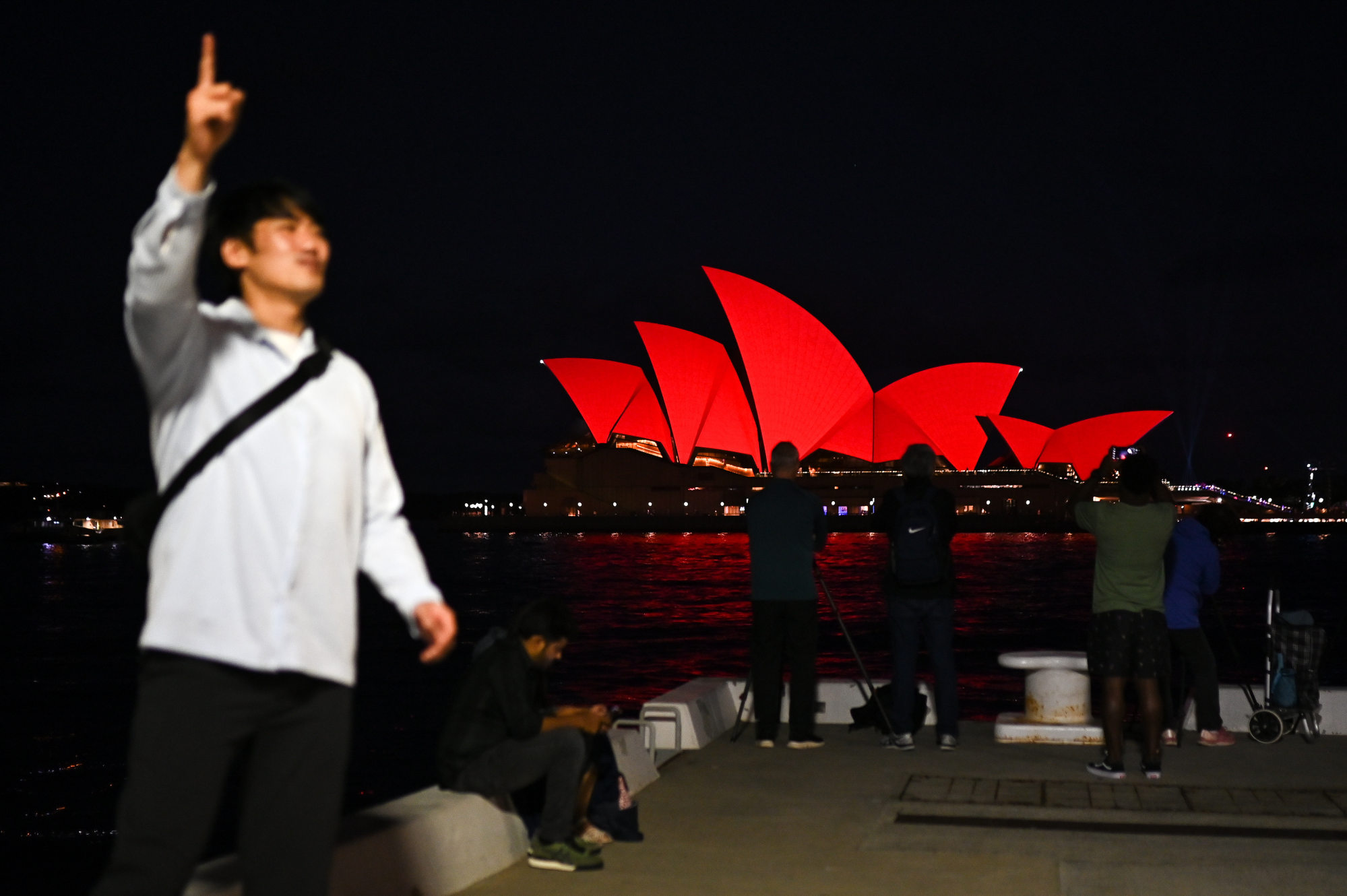
The second list – of 40 additional countries – was released on March 10, and includes Vietnam and Nepal, as well as perennial European favourites France and Spain.
Conspicuous by their absence are the major countries of the Anglosphere and their closest allies.
Early ADS recognition aside, not everything is rosy now that Thailand has been reunited with the Chinese tourist.
“Zhang Yu, a tourist guide in Chiang Mai, Thailand, told Jiemian News [a digital media outlet specialising in finance and business] that local travel agencies have seen their orders [from China] being cancelled recently for safety reasons,” reports online magazine Sixth Tone.
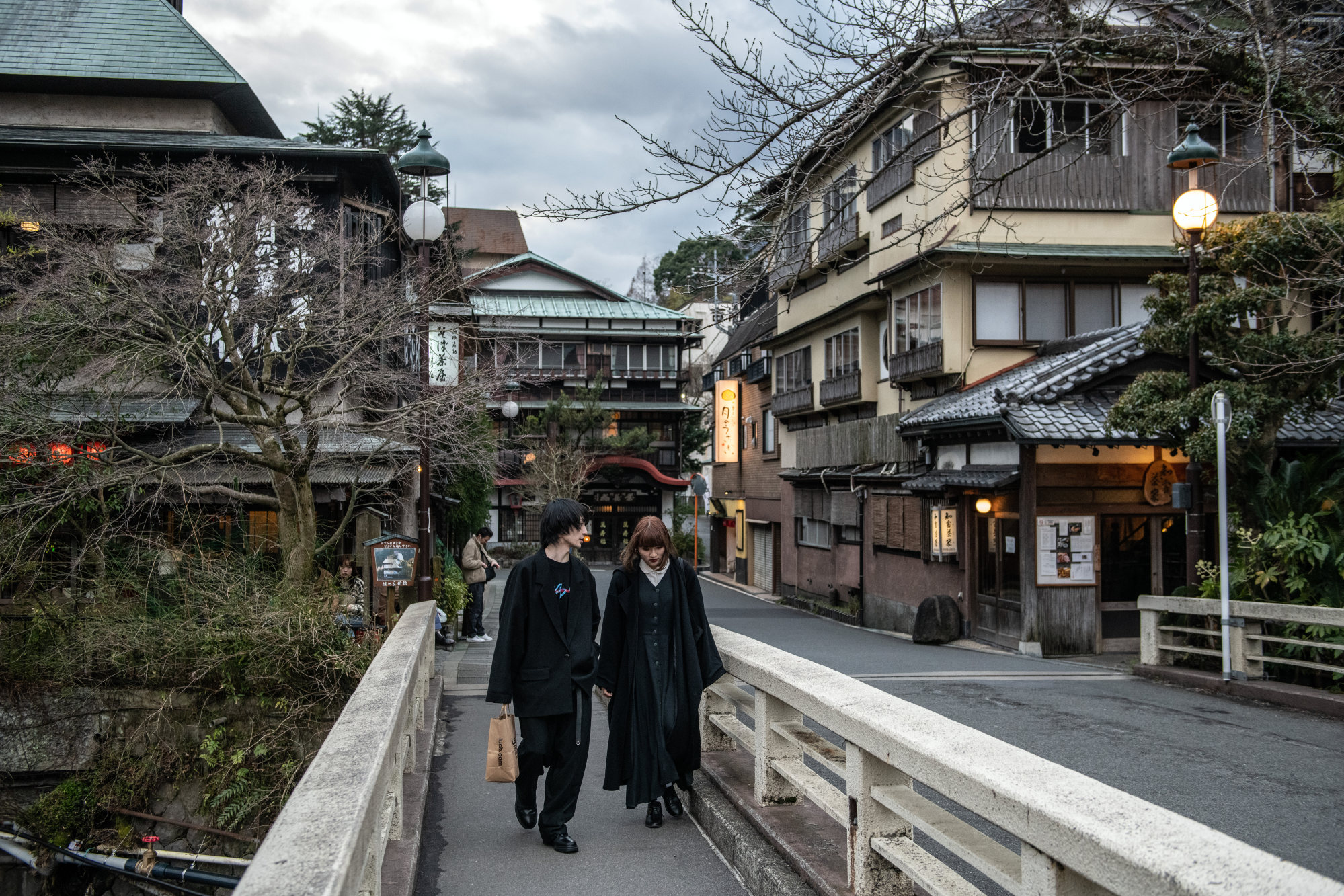
“It comes after a Chinese businessman’s brutal death in Thailand […] jumped to the top of social media discussions. Local media reported that he was found with more than 20 knife wounds in a resort hotel room. Three suspects have been arrested.
“Three Chinese tourists in Thailand were also robbed in violent fashion earlier this month.
“More than 500,000 Chinese tourists visited Thailand in the first quarter of this year. However, April’s total of 237,000 travellers was ‘below expectations’, Thailand’s tourism bureau said recently.”
As was the case pre-pandemic, bad news travels fast across WeChat.
Japan’s Marriott hotels to introduce EV charging stations
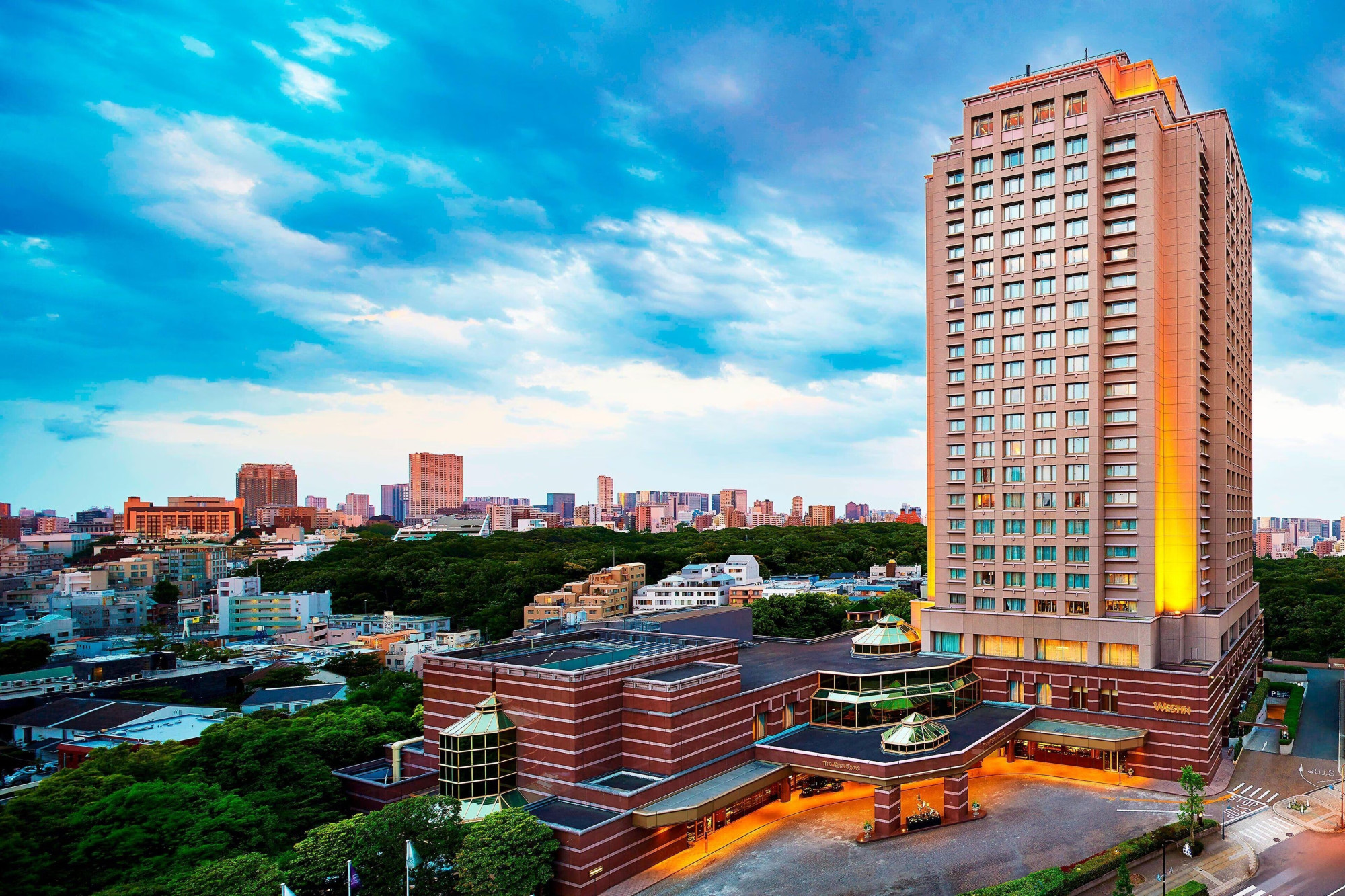
Governments may not be doing nearly enough to address climate breakdown, but individual companies are beginning to see the business sense in appealing to their customers’ concerns.
Marriott International, for example, has announced a collaboration in Japan with Plugo, an electric vehicle (EV) charging service company that uses only renewable energy. The partnership plans to introduce EV charging stations at 30 Marriott hotels in Japan “by 2024”.
Six properties are due to be plugged in this year – including the Moxy Tokyo Kinshicho, The Westin Tokyo and Fairfield by Marriott Tochigi Nikko – and the charging stations will be available to all hotel guests as well as members of the public who use the My Plugo smartphone app.
Thailand’s Laguna Phuket to reintroduce native species
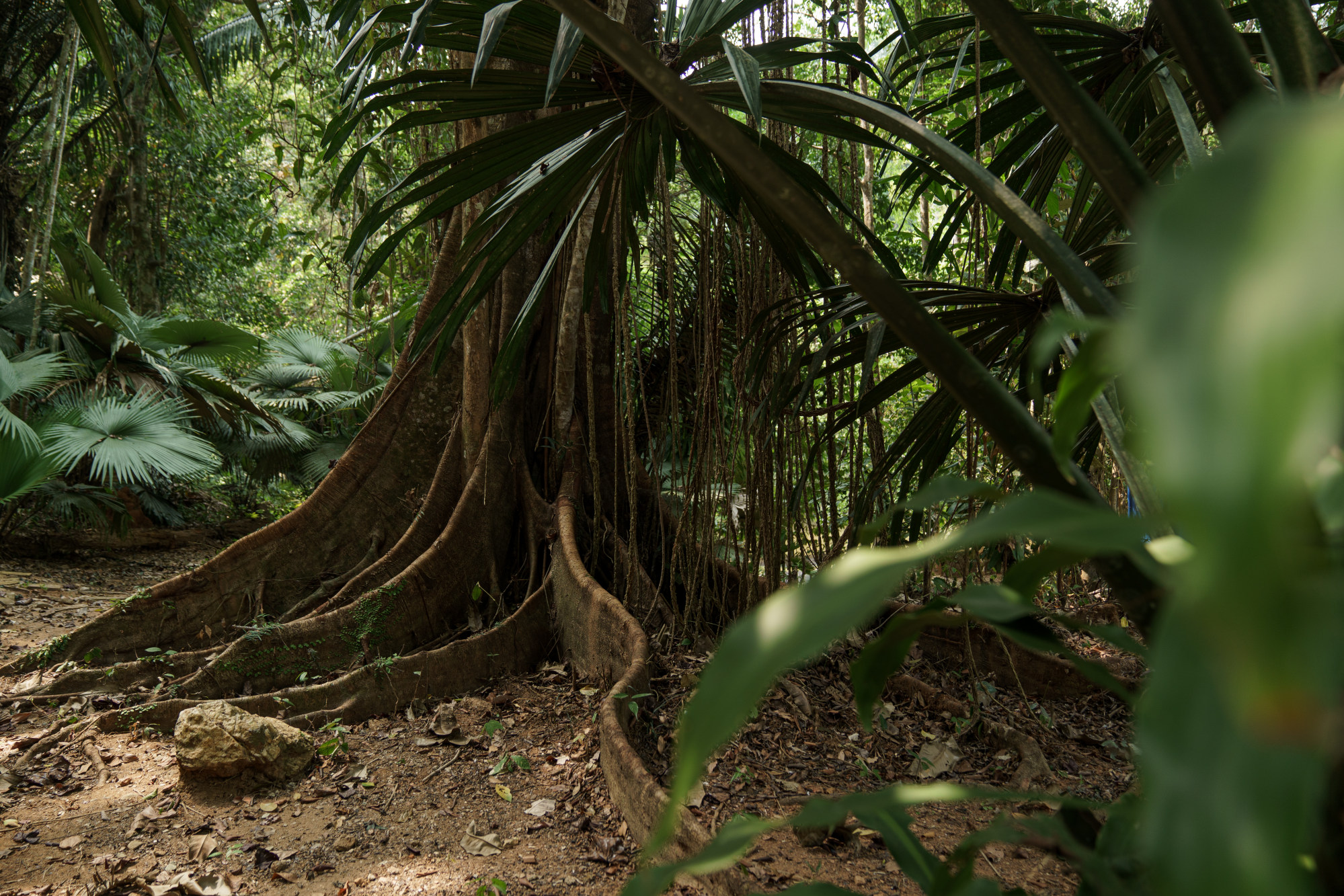
Doing its bit for the environment, Laguna Phuket, in Thailand, has partnered with biodiversity experts SUGi to reintroduce native species to the landscape.
The project will begin with the creation of “pocket forests” across the 400-hectare resort and the grounds of its eight hotels, including the world’s first Banyan Tree.
“Following the Miyawaki method of afforestation that mimics the way a forest would recolonise itself if humans stepped away, the team selected several secluded areas within Laguna Phuket with a goal of turning [them] into self-sustaining ‘pocket forests’ in a year’s time,” reads a press release.
“The team selected 84 species of native trees based on a survey of the island’s last remaining virgin rainforest Khao Phra Thaeo, focusing on those that would occur naturally in that particular area without humans” – and before the Laguna site was mined for tin.
“Quick to establish and maintenance-free after the first two or three years, Miyawaki forests grow 10 times faster and are 30 times as dense as alternative reforestation solutions, providing a greater amount of forage for pollinators, refuge for birds, and a cool home for insects.”
Insects that won’t be fogged to death for the benefit of hotel guests, we trust.
link

